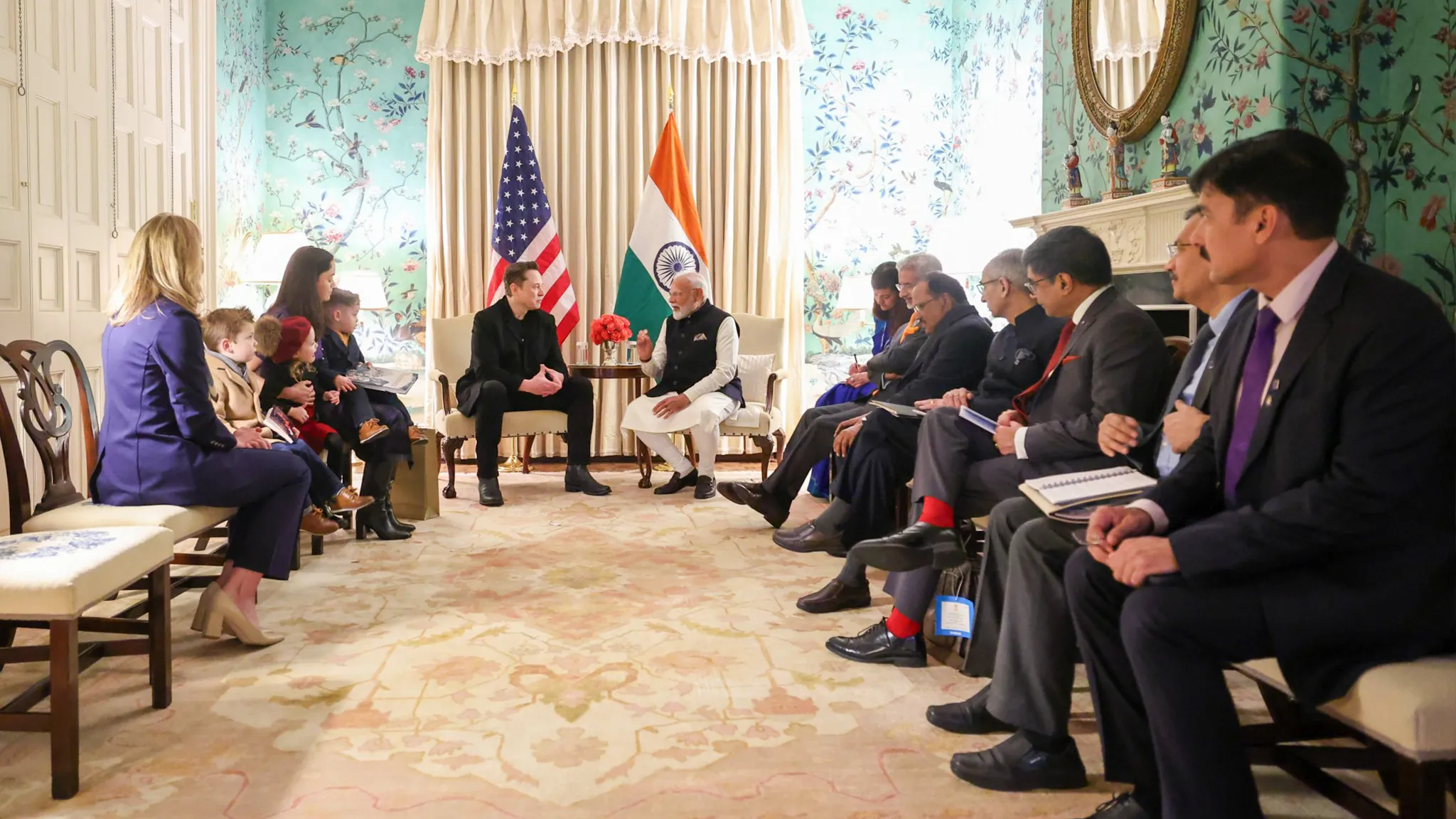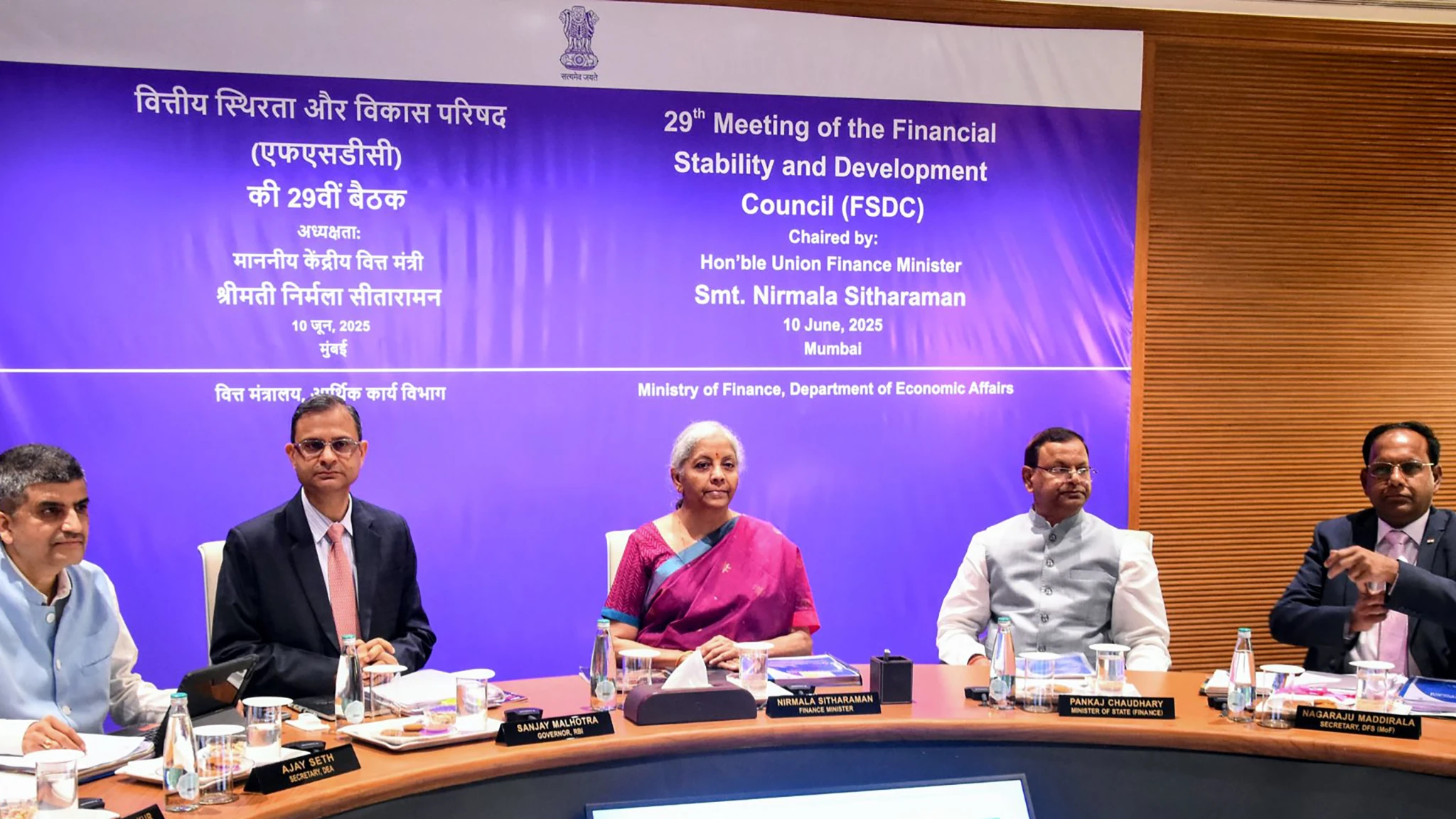What made headlines this week was Tesla’s surprise advertisements to hire personnel in key Indian cities. This move follows Prime Minister Modi’s recent meeting with Elon Musk stateside. Musk is clearly dreaming big about India – and rightly so. India is a massive market with 1.4 billion consumers, many eager for aspirational products. Indians, like consumers everywhere, appreciate items that signal status.
Global Crossroads for Tesla
If Musk can crack the Indian consumer code – perhaps by offering more affordable models – Tesla stands to gain significantly. Tesla’s hiring initiative marks a critical juncture for India’s electric vehicle (EV) scene. For years, Tesla has played coy with the Indian market, primarily due to high import duties. Now, with the government’s recent tax reductions on high-end EVs, Musk’s company appears ready to commit. But what does this really mean for India?
Behind Musk’s public enthusiasm are growing concerns in Tesla’s existing markets. Globally, Tesla finds itself at a turning point. For the first time in over a decade, the company has seen an annual decline in EV sales. China, its largest growth area, is fiercely competitive, dominated by local giants like BYD. The US market is also showing signs of saturation. Enter India – a country with enormous potential, albeit with a nascent EV market.
India’s EV Market Impact
Tesla’s recruitment drive in Mumbai and Delhi indicates groundwork for a local presence, likely starting with imports before considering local manufacturing. This aligns with Musk’s cautious expansion strategy. Tesla’s arrival could be a double-edged sword for India. On one hand, it validates India’s increasing attractiveness as an EV market and supports Modi’s green energy push. It could also stimulate much-needed competition, pushing domestic automakers like Tata Motors and Mahindra to accelerate their EV plans. On the other hand, Tesla’s initial reliance on imports means its vehicles will remain expensive for the average Indian buyer. Even with reduced import taxes, Tesla’s prices will likely remain beyond the reach of most consumers.
Challenges on Indian Roads
Unlike in China, where Tesla quickly established a Gigafactory, India might not see the same level of investment without further government incentives. It won’t be easy for Musk. Tesla faces considerable hurdles entering India. A major setback occurred in 2022 when negotiations for lower import duties failed. Tesla preferred importing Completely Knocked Down (CKD) units, but the Indian government insisted on local manufacturing, leading to a stalemate. India also lacks a robust EV charging infrastructure compared to established Tesla markets. Road conditions, price-sensitive competition, and strong existing service networks further complicate Tesla’s entry. However, India’s growing base of aspiring EV buyers is a significant opportunity. Tesla’s financial strength, advanced technology, and proven EV success give it an advantage. Its presence could accelerate EV adoption in India, propelling the sector forward.
Musk’s Wider Game
Musk’s India push occurs against a backdrop of closer ties with political power centres. Given Musk’s past role advising Trump and his increasing involvement in geopolitical deals, the Tesla-India move cannot be viewed in isolation. Is this purely a business decision, or does it indicate broader strategic interests linked to US-India relations?
Tesla’s entry into India is undoubtedly significant, but its long-term impact hinges on a shift from imports to local manufacturing. If Musk commits to an Indian Gigafactory, the country’s EV industry could receive a major boost – not just in sales, but in infrastructure, supply chains, and technology transfer. If not, Tesla’s presence might be more symbolic than transformative. India is no longer an afterthought in the global EV race. The crucial question is whether India can capitalise on this moment to demand deeper investment and tech collaboration, or if Tesla will simply serve the ultra-rich while domestic firms shoulder the burden of electrifying Indian roads.
What should India expect going forward? If the government plays its cards right, pushing for local manufacturing and infrastructure development, Tesla’s entry could be the catalyst India needs to truly electrify its transportation sector.
Image Courtesy: X (PMOIndia)










Leave a Reply